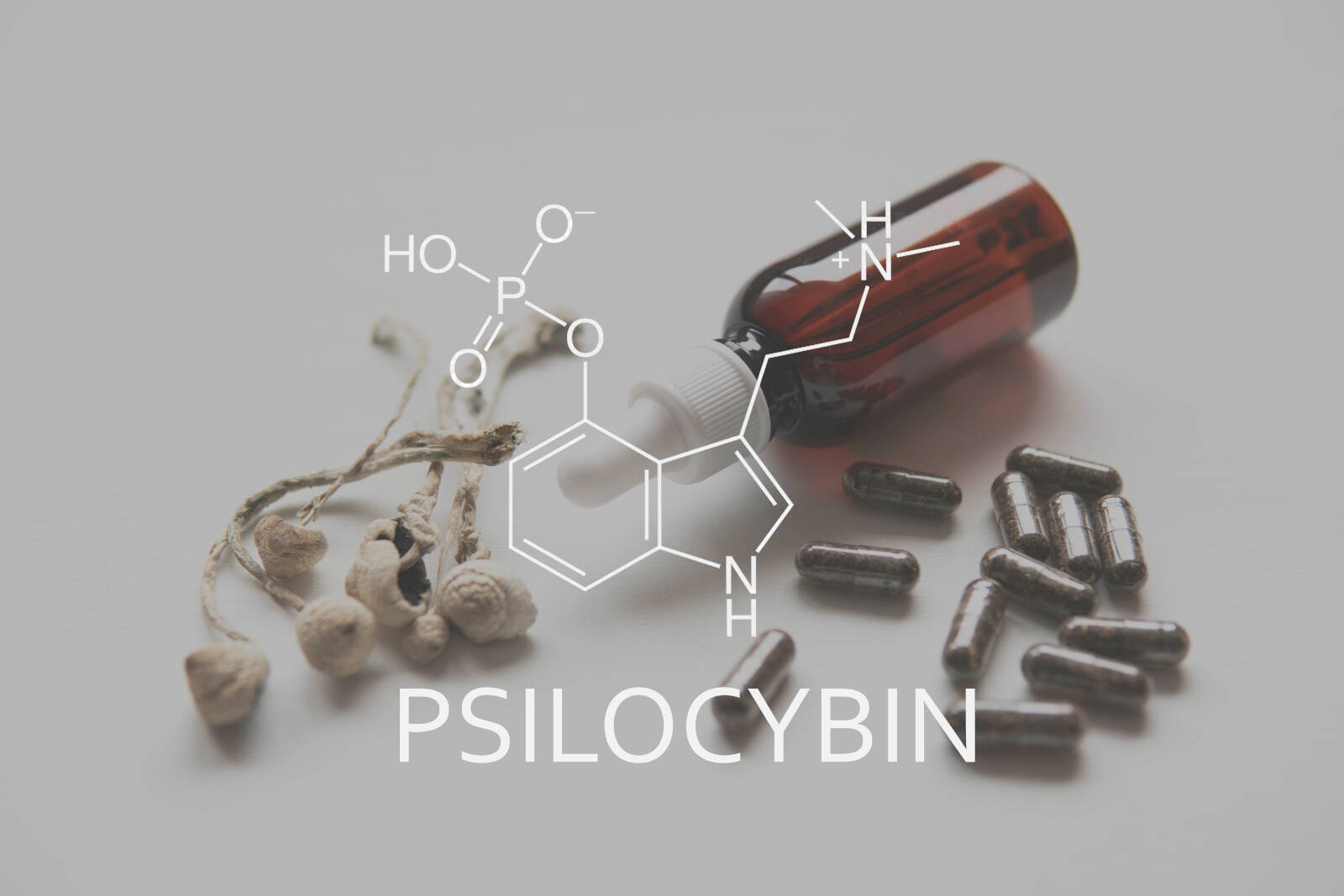Research into the medicinal potential of psilocybin has massively expanded in recent years, and a Queen’s PhD student’s scientific article points to reason for optimism that psilocybin assisted therapy could eventually be a tool in the treatment of eating disorders.
While it’s worth exploration and has potential, the article’s author Elena Koning says it needs to be approached with cautious optimism.
“I went into the literature really optimistic and then afterwards I’ve kind of shifted my viewpoint, I still think it’s definitely something we should look into further,” Koning said.
“I think a lot of the times people are sort of getting ahead of themselves with psilocybin thinking that it can just be like a one-time cure-all for all these different illnesses when the data isn’t actually there yet.”
Koning is a PhD student in neuroscience whose research is focusing on treatment of mood disorders and maladaptive eating disorders.
She was invited to write a piece for The Conversation after publishing an article exploring the evidence of psilocybin therapy as a treatment for eating disorders, inspired by more prevalent emerging research of the treatment in people with mood disorders.
Her research notes that 70 per cent of people surveyed see psilocybin as a promising avenue for eating disorders, and she says while there has been promise shown in treatment of other conditions, in general there should be a tempering of expectations and further study is required.
Koning’s paper outlines biological evidence that psilocybin impacts the brain in a way that could match up with eating disorders, as well as the fact that it has been used in treatment of disorders with overlap like depressive disorder and addiction.
She says preliminary trials with psilocybin in people who struggle with anorexia nervosa have also shown promise, but the results of these studies are limited by a lack of long-term follow-up (to this point) and a general inability to use a placebo by nature of psilocybin being a psychedelic.
The lack of being able to have a control group presents a significant hurdle for research, as it’s generally considered the gold standard in eliminating bias from trials.
Koning also says there’s a pretty significant wave of optimism around the use of psychedelics, and sometimes that excessive enthusiasm itself can distort the results.
“If you have these preconceived notions of psychedelics being like a cure-all or being really powerful substances and you’re researching them, it can introduce biases in how you’re measuring,” Koning said.
“And even on the participant side of things, if they go into a psychedelic trial thinking, ‘I watched this documentary on Netflix, I know it’s going to cure me,’ that can actually influence the outcomes.”
There’s also ethical questions to be reckoned with like avoiding abuse and the issue of consenting to an experience that cannot necessarily be accurately described.
The lack of optimal therapeutic framework and unanimous agreement within the field on their implementation are also significant roadblocks around being more widely used in treatment.
“There’s a lot of different ideas for how they could be done most optimally,” Koning said.
“What is the optimal set and setting for these trials? How should we train therapists on these trials… there’s definitely a lot of work to be done.”
While there’s a long way to go, Koning says it’s a valuable field worth exploring, and determining optimal therapeutic framework for the treatment of eating disorders with psilocybin should be a priority to allow things to move forward.
She says larger and more rigorous trials need to happen as a next step, and that’s beginning to happen as phase one and phase two trials in anorexia nervosa are underway.
With Queen’s already entering the field of psilocybin treatment research last year, recruiting participants for research with KHSC focused on alcohol use disorder, Koning hopes the university can be on the forefront of eating disorder treatment research and hopes she could be a part of it upon completion of her PhD.
“I think we have some really great research teams that could do really good work here,” Koning said.
“I think it’s definitely something we should look into. And there’s a lot of promise in the field.”
– Spare News
To get the week’s latest must-read stories from the cannabis world direct to your inbox, sign up for our weekly newsletter at canadianevergreen.com. You can also follow us on Facebook, Instagram and Twitter.

